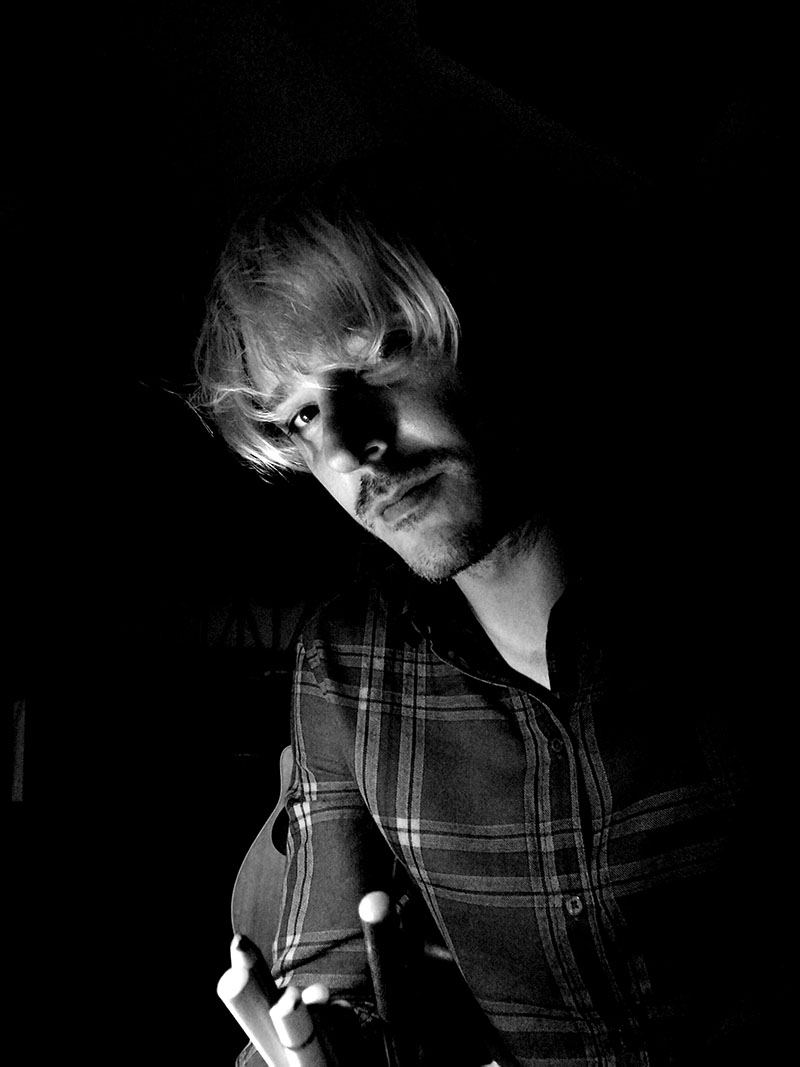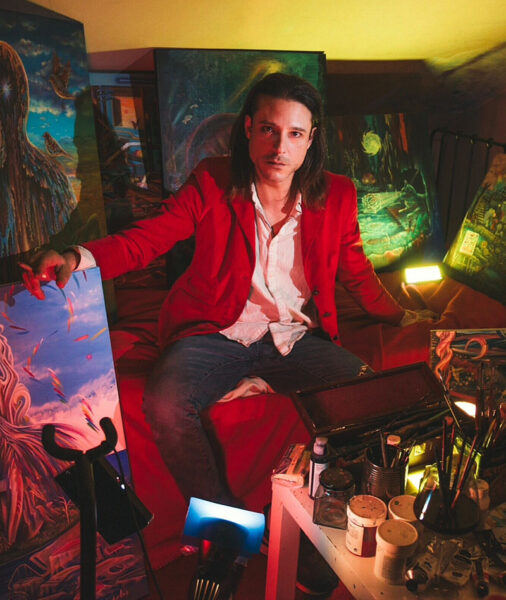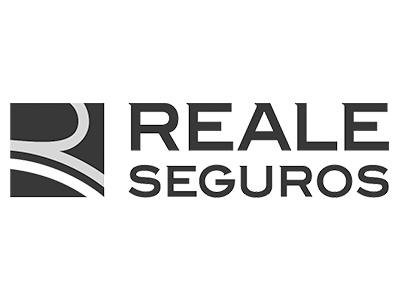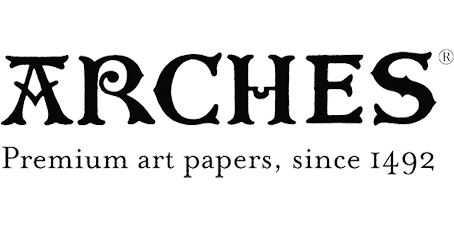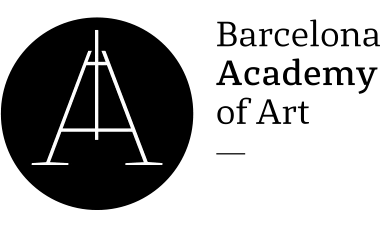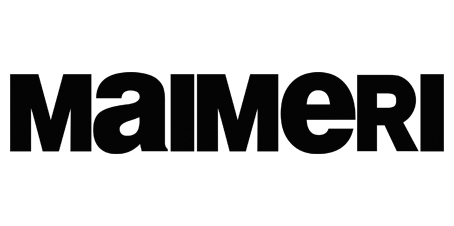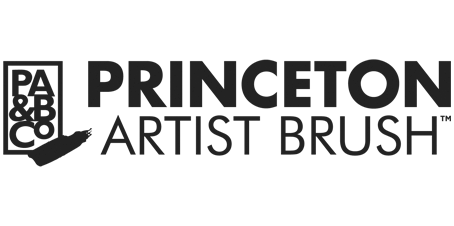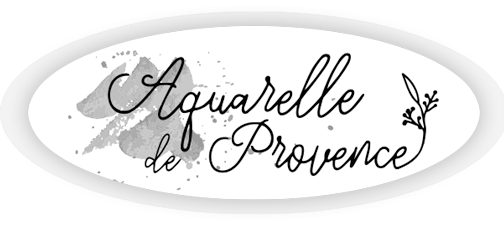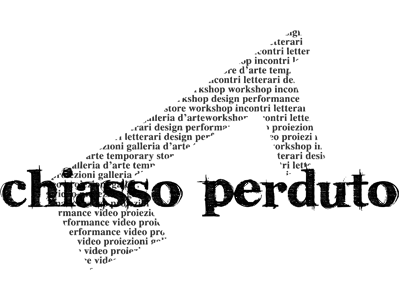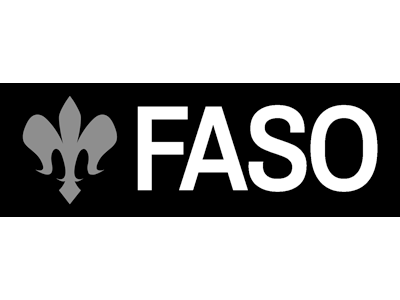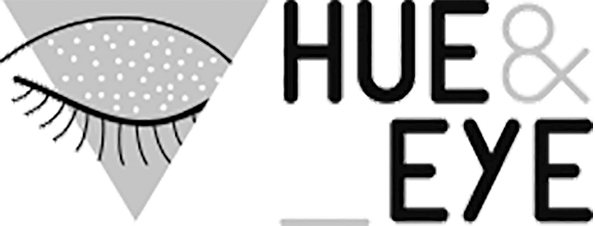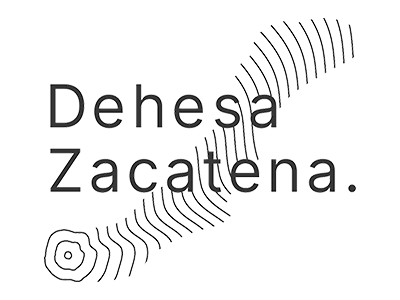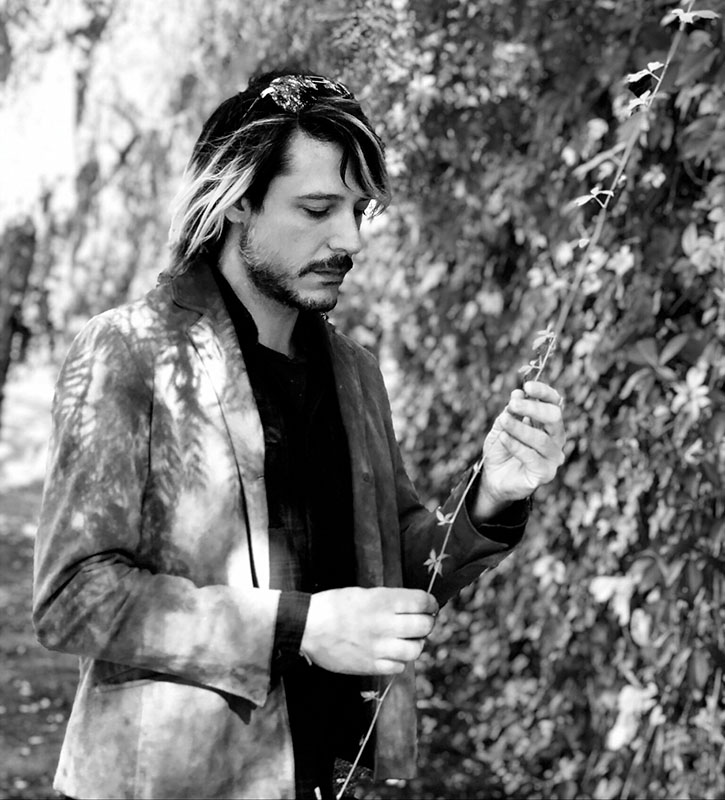
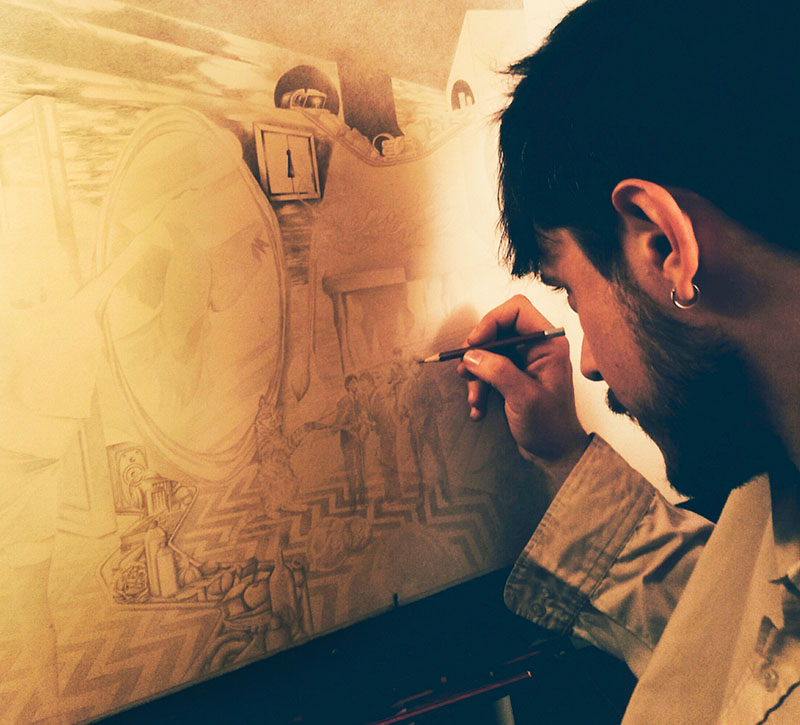
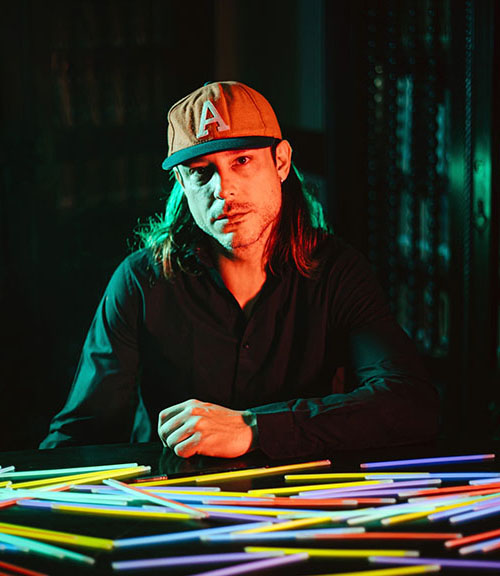
Arles Gayo (Barcelona, 1980) is an intuitive artist who transforms the canvas into a space of exploration between science and nature. With a palette rich in textures and contrasts, his career has been influenced by both classical and modern masters. Inspired by disciplines like mathematics and botany, Gayo turns each piece into an open dialogue, where the viewer plays an active role in a sensory and personal experience. For Gayo, art is a two-way communication medium, where the message is a shared construction between artist and observer. This interactive approach and his desire to explore nature from various angles infuse his work with a unique and enriching quality, blending the precision of realism with the freedom of abstraction.
On your Instagram profile, you claim to have certain magical powers. I take it these are used for good, like drawing, for example.
I have to say that many people have asked me about this, and it’s understandable because it’s written as if I really mean it, haha. But I’ll leave it like that. I enjoy creating that mystery. And yes, I use them for good. If you look at my paintings, you might even say they have a magical quality—magic is a power, isn’t it?
The truth is, I say this for several reasons. One of them is that I’ve noticed my works have a kind of premonitory quality. Somehow, I think we project our own reality. At a certain point, I began to see a connection between what I paint and what ends up happening to me.
That’s partly why I started using color in my work: to attract a better present and future, haha.
It does make you think.
I know, I’ll leave it at that. Let’s allow the mystery to play its part. I don’t want to go on too long. But if anyone wants to hear the stories, you know where to find me. Send me a message, let’s grab a beer, and I’ll tell you all about them.
You mentioned there were several reasons for claiming these powers, but so far you’ve only revealed one.
Alright, let’s add that I’ve also gone through a sort of depersonalization process, giving some of my works a touch of humor. The thing is, sometimes we give ourselves too much importance, and, honestly, no one is really interested in your personal dramas—or at least, we should learn to distill and synthesize them. I believe that life isn’t something we possess; rather, life possesses us.
And a third “power,” so to speak, is that everything I paint comes purely from my imagination, and I’ve never taken a single drawing or painting class. I’ve always worked from intuition. Since I was very young, I’ve had a natural knack for it.
Barcelona has its own magic, too, which also helps with creating.
Well, every place has its magic, its vibe, and its energy, which can influence the outcome. Although creativity mostly comes from within. It’s an inside-outside flow.
If they were to take away the unintentional condition of having been born and raised in the Poblenou neighborhood, what would they be taking from your paintings?
Perhaps the visual influence of something halfway between the pictorial and the industrial. And being in a place very close to the sea. I suppose that, in some way, that could have infiltrated my creative side. Other than that, it’s just like any other place. It hasn’t been something truly transcendent for me.
To work in surrealism, do you have to be a bit of a dreamer?
Well, it’s not a rule; I suppose you can work in surrealism simply because you like it. But for me, it loses its meaning if it doesn’t reflect an intrinsic truth. That’s precisely what authenticity is based on. In my case, for better or worse, yes, I’m a textbook dreamer, but I’m also very dedicated. I like to do, which isn’t the same as dreaming of doing.
Do you say everything in your paintings, or do you leave something for the face to face?
What interests me most is precisely the bis a bis. Without real experiences, your inner world weakens, stagnates, and doesn’t evolve. You have to live in order to tell. Though, I have to admit that it’s not always easy to discern that inner world, especially when you spend so many hours of your life in social relationships. Somehow, it becomes noticeable that you carry that weight, that you see things with a different perspective or have uncommon ideas. Some people are excited about it, and others might feel uncomfortable, because creativity is the belief that one plus one equals three. And that can sometimes create distance. But one is who they are, and everyone has their own things. In my case, I handle it well. I like people (in general), haha.
It’s evident that Arles Gayo uses his drawings to tell what surrounds him, what worries, excites, and even what he longs for. Who would deny that in 500 years, people might look at his works to trace a chronicle of these present times?
The truth is, yes, my work is not only a kind of illustrated diary where I pour my personal or spiritual experiences, but also a space where I find the absolute freedom to address topics that speak of our present world, or even where I theorize about the future. As for the other part, what can I say? It would be amazing if my work were of interest in 500 years. That’s something all artists would love. It’s like challenging death, right?
I believe you use art as a way to escape, but not as a synonym for fleeing, rather as a way of seeking a path to move forward. If I’m wrong, feel free to correct me.
That’s correct, but with no intention of fleeing. More with the intention of entering.
I can work (and sometimes I do) on other projects unrelated to art, survival jobs. However, when I do, I feel as if I’m wasting my time or giving my time away to someone else. At the same time, it prevents me from being who I am and expressing what I want to express. That only leads to frustration and anxiety, and in that state, it’s impossible to feel at ease.
I know it would be easier to play it safe. In the art world, there’s no real predictability, unless you’re someone very, very famous. But even then, because trends and currents change from one day to the next. Although it involves uncertainty and risk, art is about doing what you love, and that should be the norm, even if things are complicated. I’ve always believed that if you keep searching, you’ll find it. If you dedicate yourself to planting without stopping, the logical thing is that something will eventually grow, right?
Honestly, on a technical level, I still have a lot to learn. But when it comes to imagination, I’ll tell you— and this is not arrogance— I have a very abundant and fertile flow of ideas. It’s great, but it’s also a double-edged sword. On one hand, it can bring you satisfaction, but on the other, it’s also brought me problems at times.
This interests me, the part about the problems.
Well, it’s the clash with reality. When you face the canvas, it’s advisable to exercise some control over that imagination. In the end, I don’t consider myself a student of either Bosch or Miyazaki, with whom I’ve also been compared, because for me— and I repeat, for me— in terms of imagination, I don’t think they possess anything that I don’t have.
Of course, I love them, but I just try to be straightforward about this. I don’t invent anything, my work is out there for everyone to see. The difference is simply a matter of being in the right place at the right time, of the motivation you get when your work takes off. And of course, budget matters too. If life gives you the opportunity to work only for that and you find opportunities and projects that truly believe in you, then you dedicate more time, and your work can evolve and expand to creative heights you hadn’t even imagined.
Both of these artists have achieved what we talked about earlier, being relevant in 500 years— well, one of them already has, and the other is on his way. So, I can only feel admiration and gratitude for figures like them for what they have given us, which is to make the world dream, yesterday, today, and tomorrow.
Arles, if you’d like to add anything, there are thousands of readers waiting.
Well, to those—like me—who are relentlessly pursuing their dreams, I’d say keep trying until you make it. If it’s truly what makes you happy and what you want to do.
I know cases of people who suddenly get this burst of energy and decide to share their drawings or poems or whatever, thinking that in the first month they’ll have thousands of followers who will appreciate their work. But when they see the results and realize that the reality is quite different, they end up closing their accounts. And you know what? Things don’t work that way. You have to legitimize it. And believe me, you want to see it, and people want to see it.
In short, things have to be earned.
It was a pleasure chatting with you.
Likewise, Ismael, thank you and the Tartget Prize team for your work.
